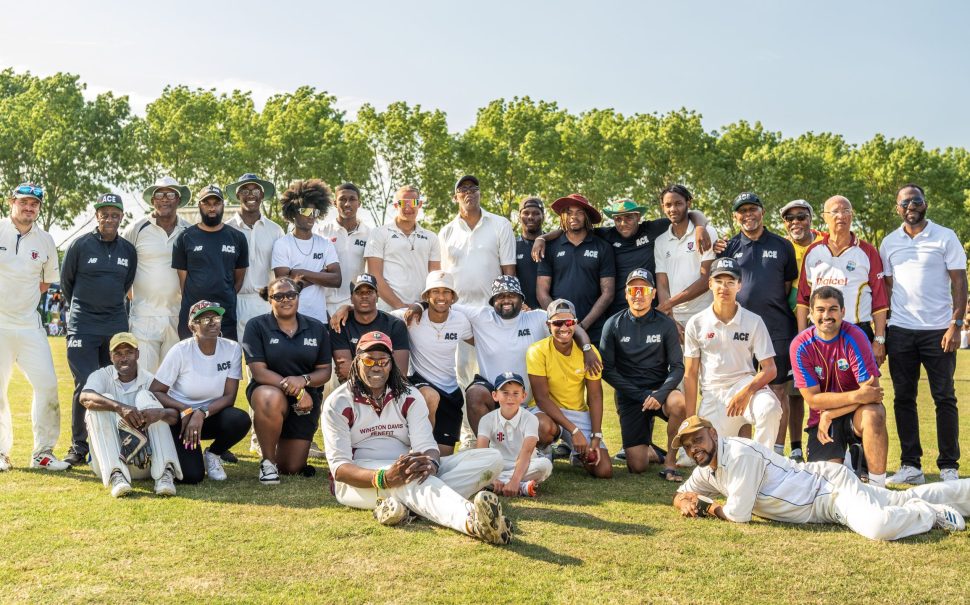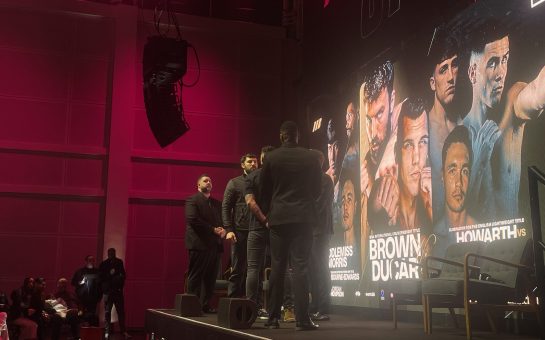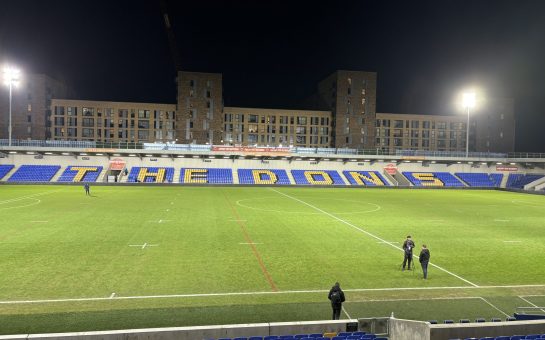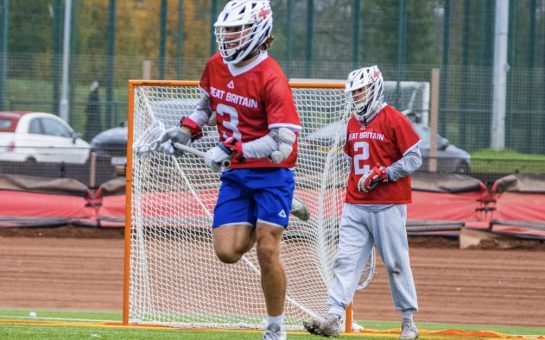In January 2020, Surrey County Cricket Club sought to address the steady decline of black British professional players in the UK.
The African-Caribbean Engagement programme (ACE) was duly launched, designed to support diverse talent from the grassroots to the elite, with various tools at their disposal from talent ID systems, elite academies, workforce development and ultimately a vision to re-engage the black community with cricket.
Sport England saw and understood how vital ACE was, and invested early in the journey to the tune of £540,000, a significant leg-up for the programme once it had achieved charity status.
About to celebrate their fifth year of operating, ACE has grown to become a name synonymous with participation in cricket in the UK, with broadcaster and former England international Ebony Rainford-Brent as chair and West Indies great Michael Holding an honorary patron.
Chevy Green, the director of programmes and first man through the door at ACE, explained the short but impactful story so far.
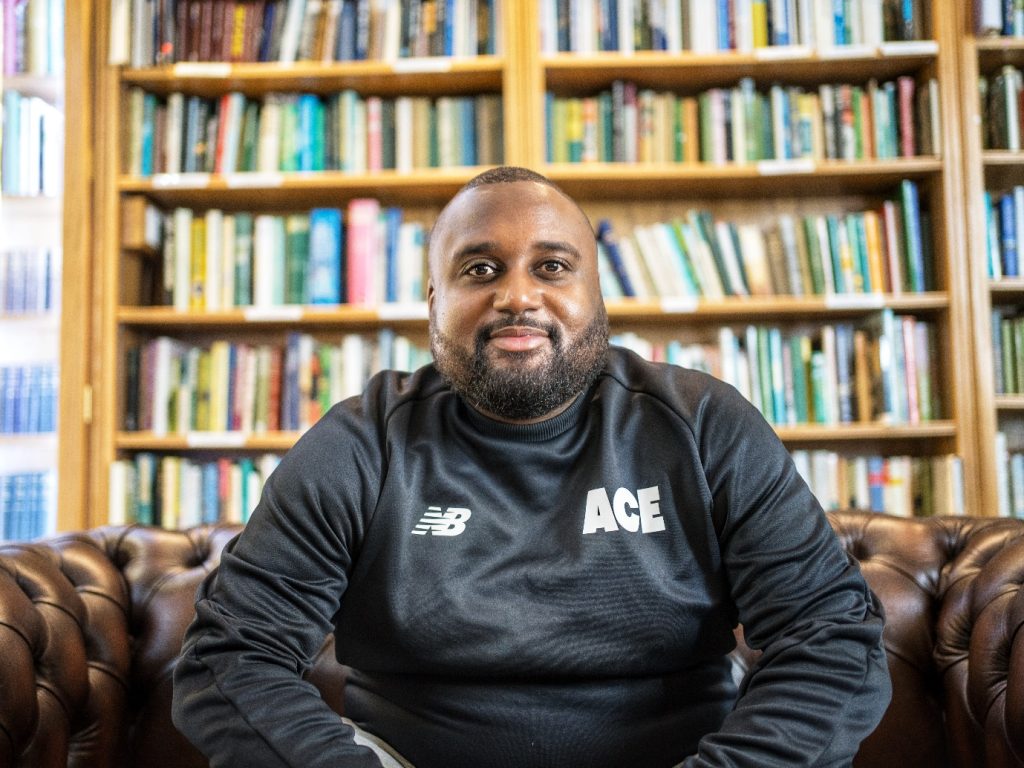
Green said: “There was a 75% decline over a 25-year period, that’s at 1% now for the men’s professional game, and the women’s game you couldn’t even make a percentage.
“So we said we would create an academy to try and address that, to get more kids onto the pathway.
“We played a mixed ACE Academy team against a mixed Surrey academy team that summer, and one of our players wasn’t just the best ACE player, was the best player on the pitch that day.”
Once Sport England came in with the funding they needed, Green was able to expand ACE’s outreach further afield.
He said: “We set up a charity in eight weeks and five years later we now deliver across six cities, working with eight counties.
“We deliver in London, Birmingham, Bristol, Manchester, Sheffield and Nottingham.
“We go into schools, set up community hubs, we have an academy that plays matches and we are in the thick of it.”
ACE now delivers around 80 matches a season, and has provided free cricket training to 40,000 young people across the country.
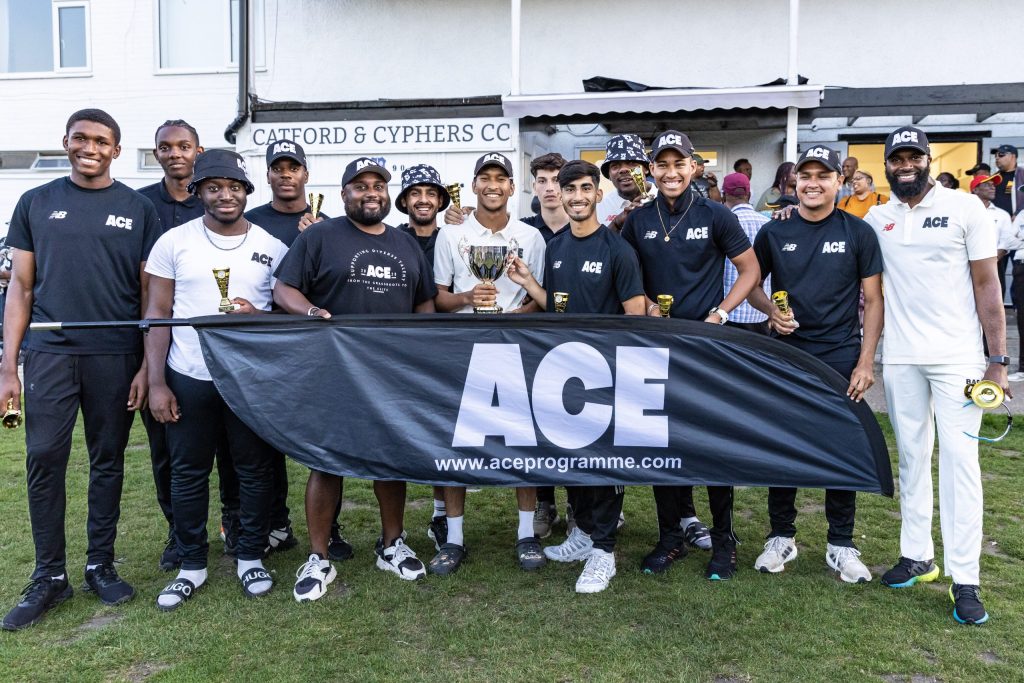
Much of this success, Green says, stems from the heavy lifting done by Rainford-Brent.
He said: “We owe as a charity a lot to her. She is chair, but very much an active chair.
“She doesn’t get paid a penny for the work she does with ACE, but she’s helped influence the sporting sector and beyond for her charity to survive.
“It helps massively having her on board and having her support – it’s helped my growth as a person and as a professional, too.”
ACE employs census data to target the areas of the UK with the highest African-Caribbean populations and comprises a coaching staff whichreflects their target-demographic, something Green sees as vital to their vision.
He said: “A lot of our staff have a lived experience of a lot of the things that we’re talking about.
“A lot of us come from state school backgrounds, a lot of us are from the communities that we want to support, so it’s key.”
Some English county cricket clubs still hold the unwanted record of yet to have produced a professional cricketer of African-Caribbean heritage, and ACE aspires to provide role models to a generation of young cricketers growing up in the UK.
Green said: “We often say you can’t be what you can’t see, so we have to give these young people role models.”
Hung proudly behind Green in his office at The Oval is a signed Birmingham Phoenix shirt from Davina Perrin, the 18-year-old professional who received mentoring through the ACE programme.
The Blaze’s Amy Wheeler last year signed a rookie contract in partnership with ACE, as did Sussex’s Troy Henry in March of this year.
Without ACE, it is hard to say whether or not these young British African-Caribbean cricketers would be getting enough opportunities to progress onto rookie contracts at all, never mind so quickly.
Green puts much of it down to the simple premise of giving them that simple chance to pick up the bat and ball.
He said: “I’m born and raised in cricket, and cricket stores a stigma of being boring.
“So sometimes I’ll say, ‘I just want to give them the opportunity to say it’s boring’, because they can’t even get an opportunity to play.”
Alongside other initiatives such as the South Asian Cricket Academy, ACE is an alternative route into the professional game for young people who may otherwise have fallen through the net.
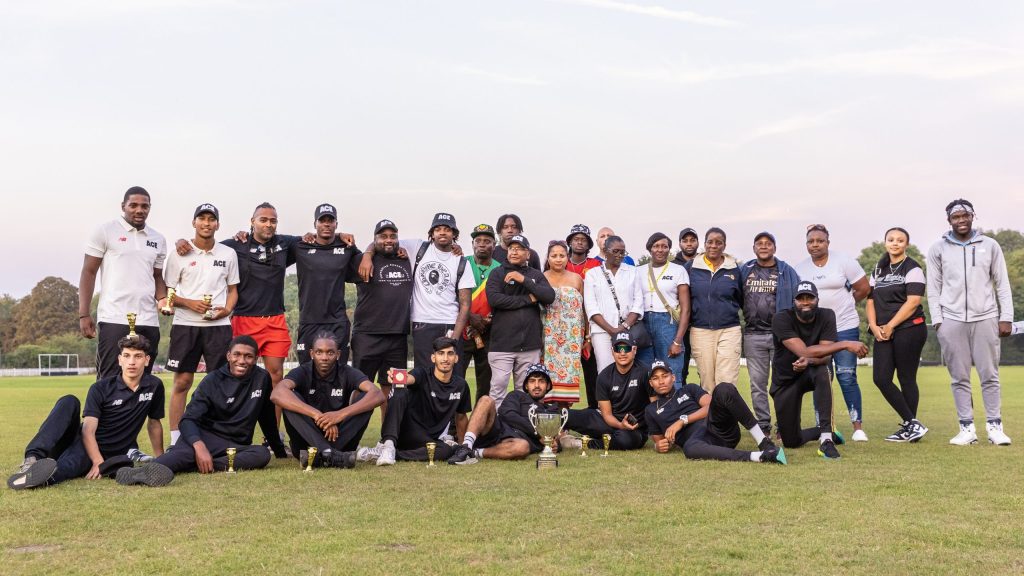
Research suggests those with a higher relative access to wealth are 22.3 times more likely to become professional cricketers in England and Wales than their lower access to wealth counterparts.
A stark reality faces the sport, but so long as ACE and Green are operating there is hope for that figure to come gently down.
Five years in, operating in six cities, reaching 40,000 children, what does Green make of his personal journey with ACE so far?
He said: “Not too bad for a state school boy from Thornton Heath!”
Feature image: Vincent Bell
